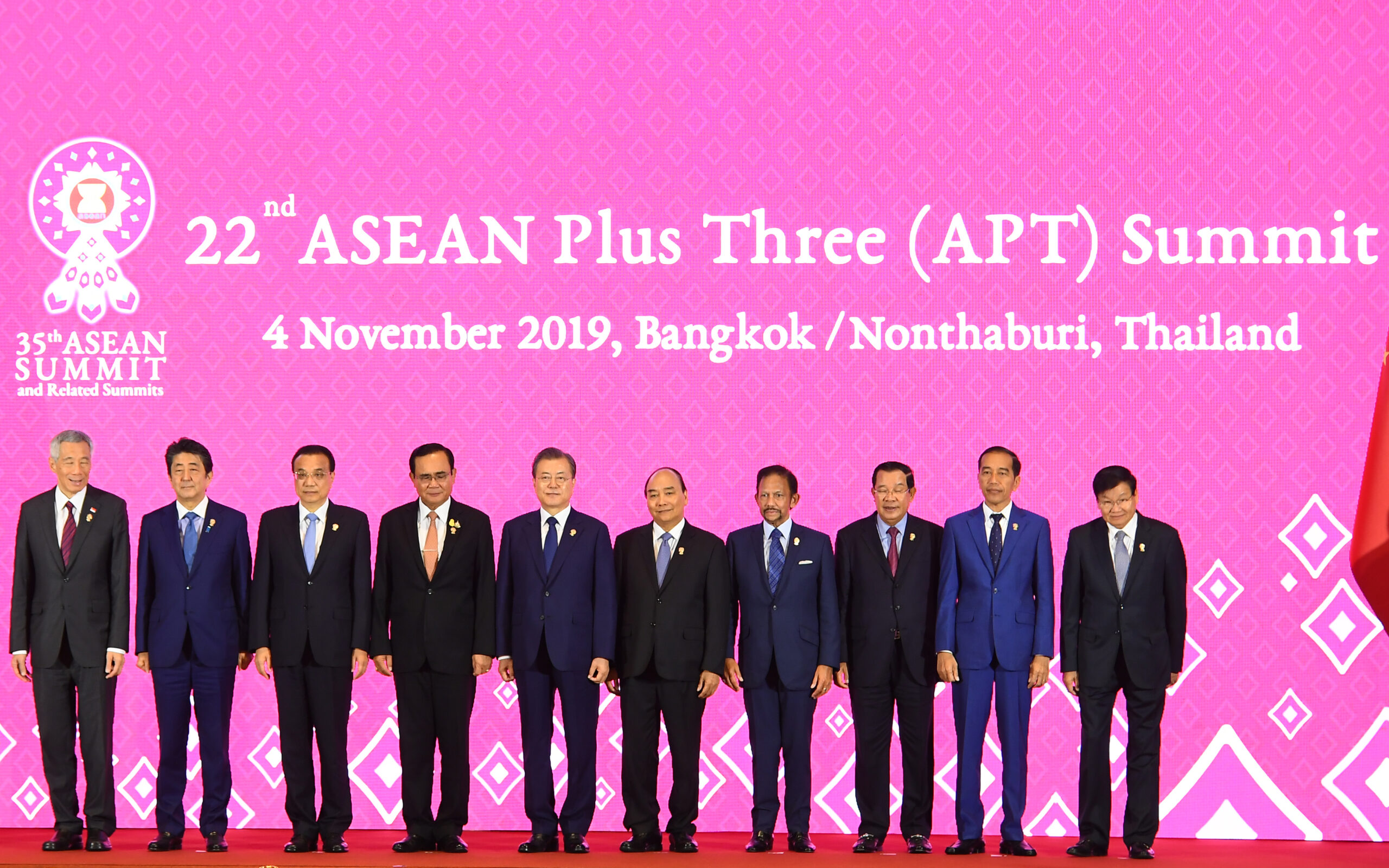Singapore’s full reopening to vaccinated international travellers on April 1 marked the start of a new stage in its long journey controlling the impact of the pandemic. After being trapped in their city-state since the beginning of the Covid-19 pandemic, Singaporeans slowly resumed international travel toward the end of 2021 through the introduction of Vaccinated Travel Lanes (VTL) allowing quarantine-free entry to Singapore and partner countries.
Singapore welcomed the first batch of vaccinated international travellers from North America and several European countries through VTL in October 2021. At that point, though, Singapore’s borders remained closed to some of its immediate Southeast Asian neighbours including Thailand. VTL with Vietnam only launched on 16 March.
Many find the region’s travel restriction policy at odds with rhetoric about a collective response. During the pandemic, ASEAN nations have retreated from multilateralism by detaching themselves from regional institutions and focusing on national policy responses including lockdowns and closed borders. ASEAN’s collective ability to address the security of member states has been tested.
The challenges presented by the pandemic have drawn the attention of global leaders to a broader category of national security: biosecurity.
Biosecurity risks include the introduction or spread of harmful organisms to human, animal and plant life, typically from infectious diseases, deadly pathogens, toxins and biochemical weapons.
As a regional economic leader, Singapore should shoulder more responsibility in initiatives to strengthen ASEAN’s capacity for multilateral engagement on biosecurity to implement effective prevention and response mechanisms as non-traditional threats like the pandemic have consistently tested the region’s resilience.
However, as a rapidly growing economic and social area, Southeast Asia should have long ago developed the capacity to ensure regional self-sufficiency on a multilateral basis in times of biosecurity and public health crisis.
As most ASEAN members continue to navigate pandemic complexities, it is time for the region to design a model that is not dependent on external input but takes advantage of shared resources and support.
With its reliance on tourism, manufacturing, international trade and labour mobility, Southeast Asia cannot afford isolationism. Brookings Institution research in 2018 found ASEAN member states have an average trade-to-GDP ratio of 119%, spotlighting a high level of economic integration.

Regional peace and stability are a premise for Singapore’s continued prosperity. Despite being the most economically developed country in the region, the Red Dot relies on neighbours for labour supply in its service and manufacturing industries, the import of natural resources and commodities to support domestic consumption and the demand for international trade due to its strategic location. These networks ground to a halt when Singapore shut its borders during the health crisis.
Southeast Asia’s inadequate regional capacity to counter the spread of infectious diseases is long-standing, yet detrimental to the region’s development.
During the outbreak of severe acute respiratory syndrome (SARS), a viral respiratory disease that emerged in China in 2002, Singapore suffered a 0.47% GDP loss primarily in the tourism sector due to border restrictions after cases were identified there.
Existing multilateral efforts to enhance biosecurity capacity are limited and rely on external input
ASEAN was passive during the SARS crisis, unable to enforce a collective will on member states who disagreed over policies due to a lack of clear leadership.
Much of the multilateral interaction was with ASEAN Plus Three, a coalition of China, Japan and South Korea through which the trio of East Asian powers used their existing resources and protocols to combat the disease.
ASEAN members instead focused on developing their own policies on quarantine, international travel and work suspension to contain the virus spread within national borders.
Existing multilateral efforts to enhance biosecurity capacity are limited and rely on external input. The Southeast Asia Strategic Multilateral Biosecurity Dialogue started in 2014 as a bilateral discussion between Singapore and the United States and in 2019 expanded to include participants from Malaysia, Indonesia and the Philippines.
During informal discussions on emerging, regional biosecurity challenges, the Southeast Asian participants were concerned about a perceived lessening of U.S. interest in international programmes and global collaborations.
The initiative will require coordination from the ministries of defence, health and foreign affairs of each ASEAN member state. Diplomatic engagement is critical for governments to communicate intentions, expectations and decision-making apparatus that can strengthen input from NGOs.
Protocols for data analytics and information-sharing, which strengthen ASEAN’s response capabilities to naturally occurring or artificial biological threats, allow transparency and consistency informing macro-policy decisions.
In health crises, efforts to standardise vaccine recognition and cross-border movement policies will have immediate benefits for businesses and individuals in the prolonged wrestling with the Covid-19 pandemic.
Governments also will have more leverage in resisting potential dilemmas as a result of competition between the U.S. and China, which has been on display in the messy vaccine diplomacy of the past year.
With an edge in economy, big data, digital technologies and a strong public sector and rapid policy response, Singapore has much to share with the region regarding pandemic response and continued disease surveillance.
Instead of abandoning ASEAN and working bilaterally with more economically enriched countries, Singapore should reinvest in ASEAN and its long-term institutional capacity to counter potential biosecurity crises.
Yutong Niu is a Women in Security fellow at Pomona College in California and a former research intern at Pacific Forum, a Honolulu-based think tank focused on the Asia-Pacific region.


